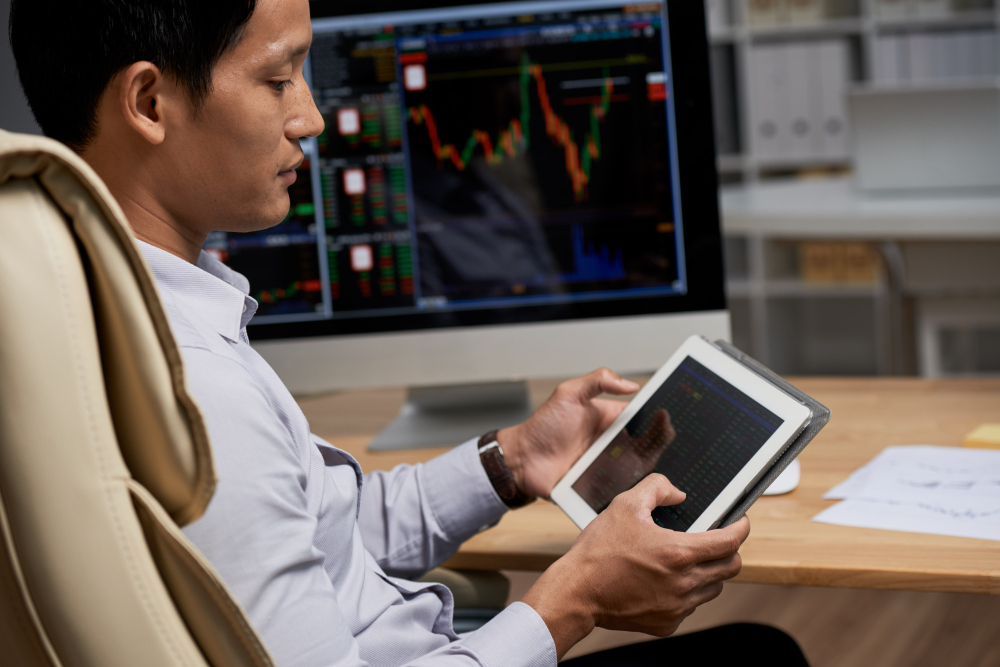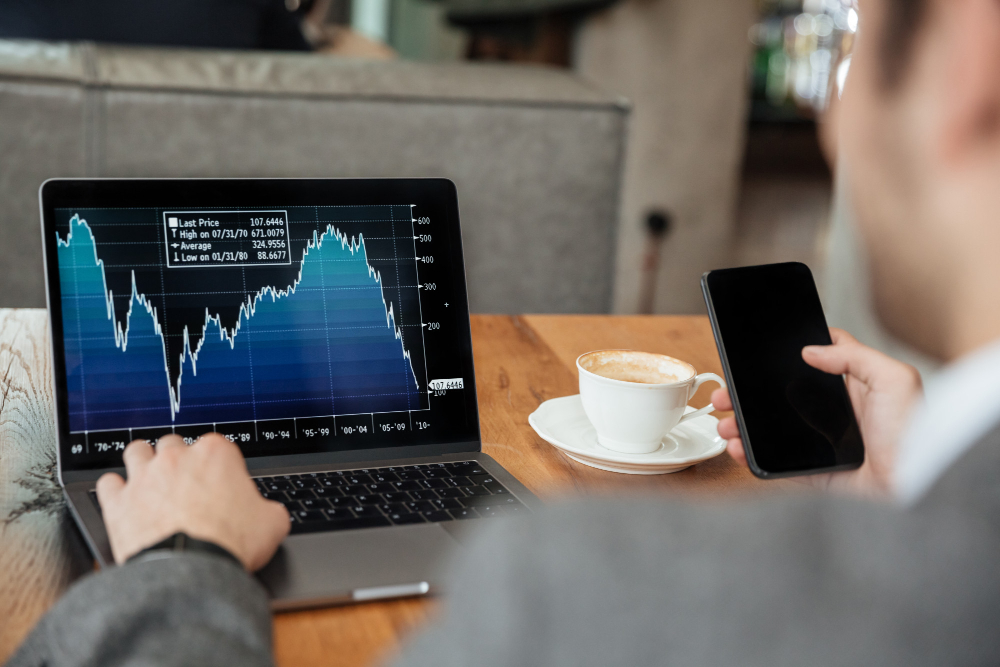Because loss trades simply must occur, it must be accepted that it is impossible to achieve a trading record that only comprises profit trades—that is, a perfect trading record. Once this is accepted, it must follow that perfection or certainty for every trade is unattainable and that traders are therefore dealing within a probabilistic environment.
Probability is defined as: “a ratio expressing the chances that a certain event will occur.” However, a more appropriate definition may be “the belief in alternative outcomes for an event rather than the chances of the event itself occurring.” Dealing with a probabilistic environment and understanding probability means you believe, as a part of who you are, that alternate outcomes to the event that you anticipate occurring can occur.
Viewing the market as a probabilistic environment means that you will only have a percentage of winners—that is, 30%, 35%, 48%, 58%, 65%, etc. profit trades. The remainder will be loss trades. Thinking in terms of probabilities means that you factor in loss trades by trading according to the probabilities of your edge. When loss trades occur you close them out, understanding them to be a natural occurrence of how the market moves which you completely accept. Accepting loss trades becomes easier over a large number of trades and large data sample. Focusing on the short term can be difficult, especially if the system is in a drawdown period. As drawdowns are a natural part of any trading system, it is important to look at the results over the long term.
The human brain is not wired to naturally think in probabilities and hence has difficulty using probabilistic thinking in every day life. Society trains people to need to be right! Or, more correctly it trains them to desire to not be wrong.
Therefore we need to train ourselves to think in probabilities, which requires going back one step further and establishing a process to train our brains to think in probabilities. This is one of the main reasons why mechanical trading is required as a stepping stone in learning to think like a trader.
To be empathetic with the market means that you are ‘in sync’ with the market. Empathy requires calmness and receptivity to feel the subtle movements of the market. To be empathetic, you cannot see the market as an opponent or something that you need to beat. Such an adversarial mindset is completely opposite to the state of mind that you need to attain to be empathetic with the market and hence to become a trader that consistently outperforms the market indices by a large margin.
Empathy and competition do not go hand in hand. You can’t be both simultaneously.



One Response
Can’t you be emphatic to your competition as you annihilate them ???